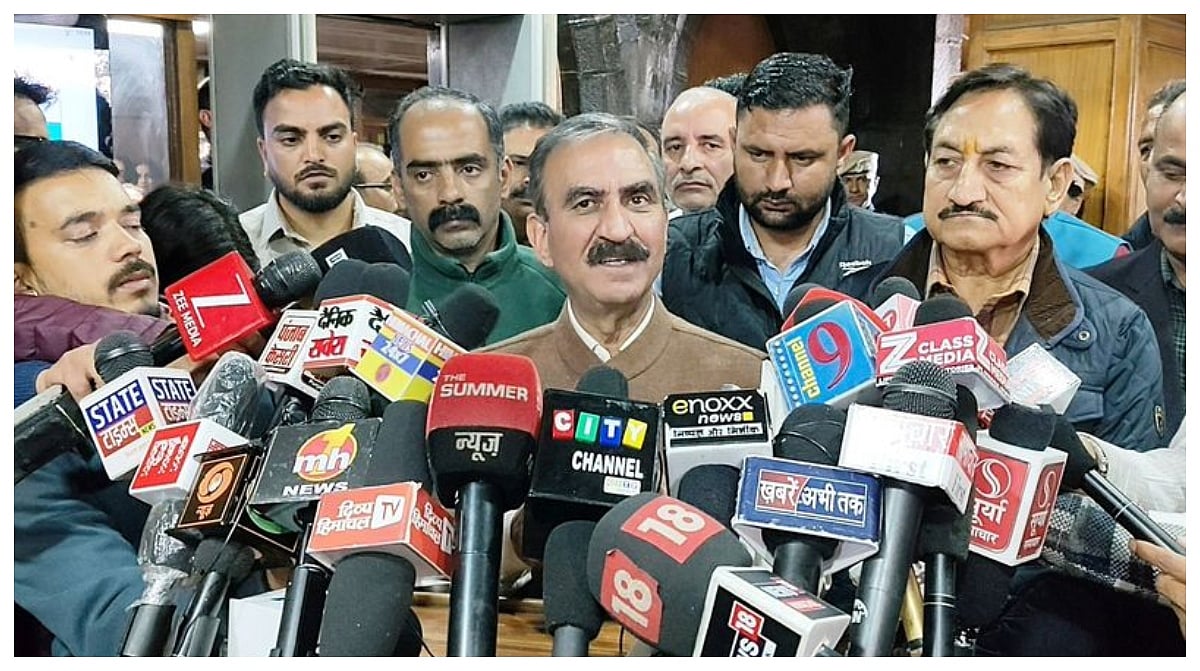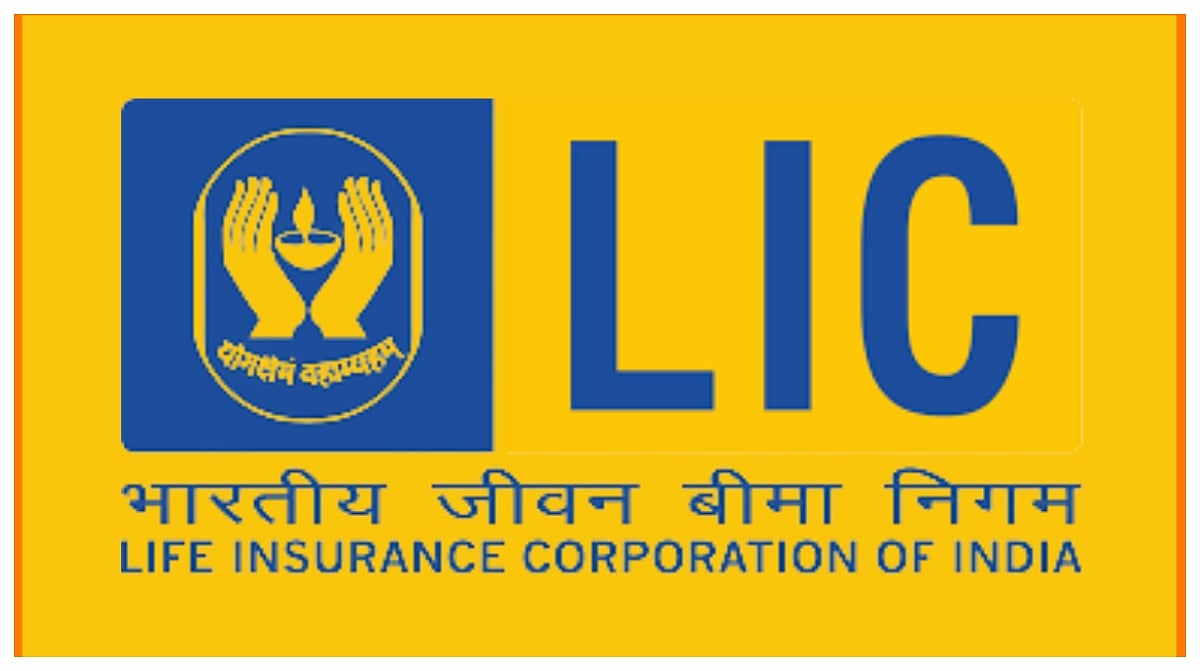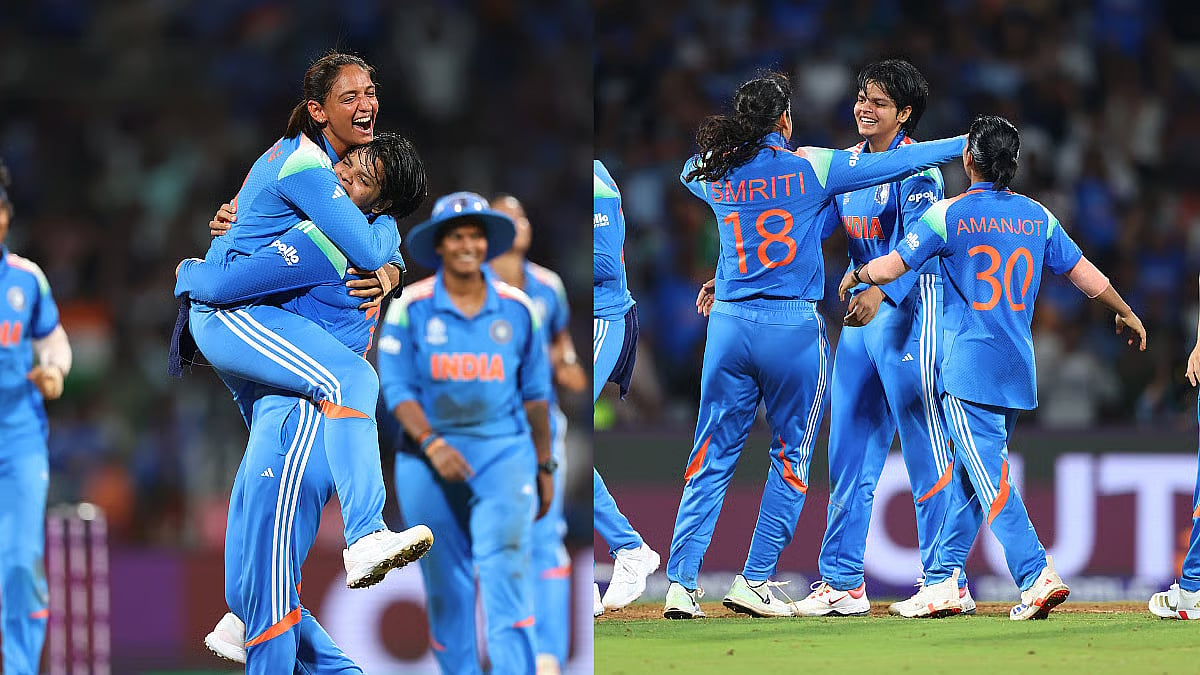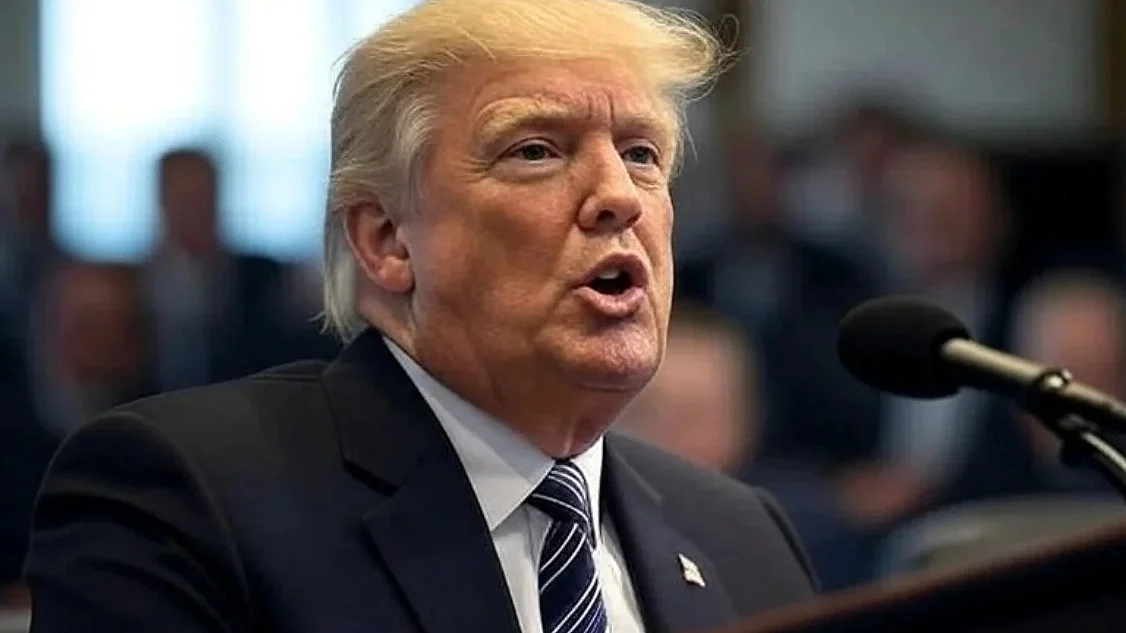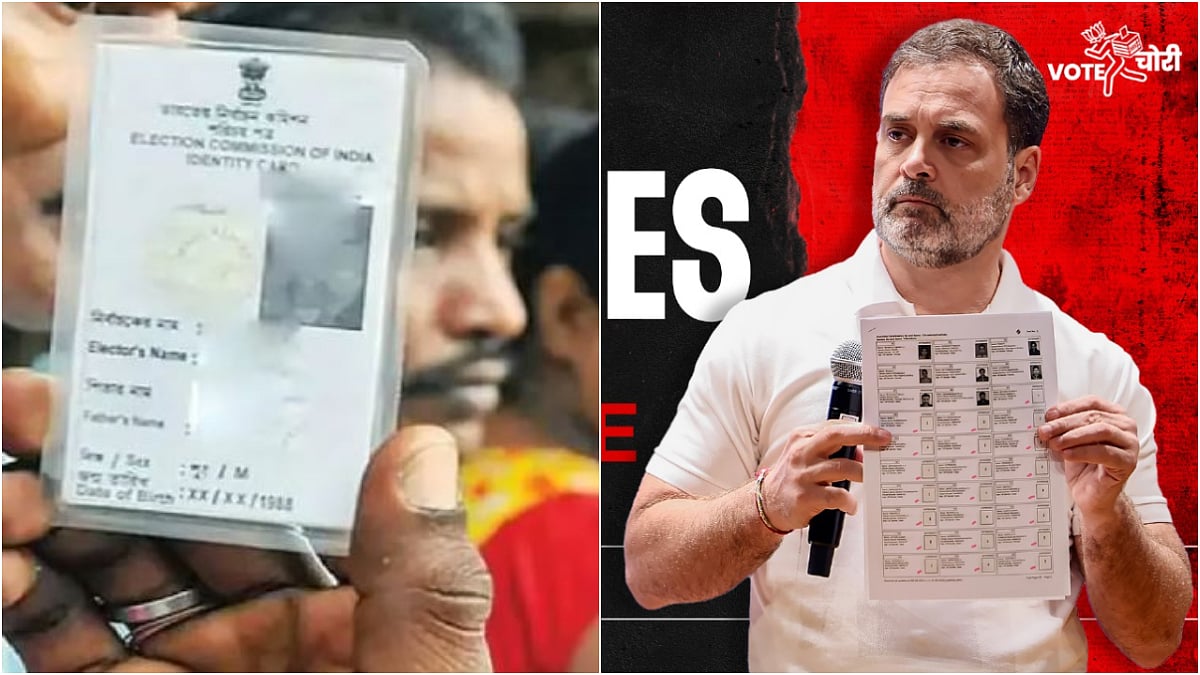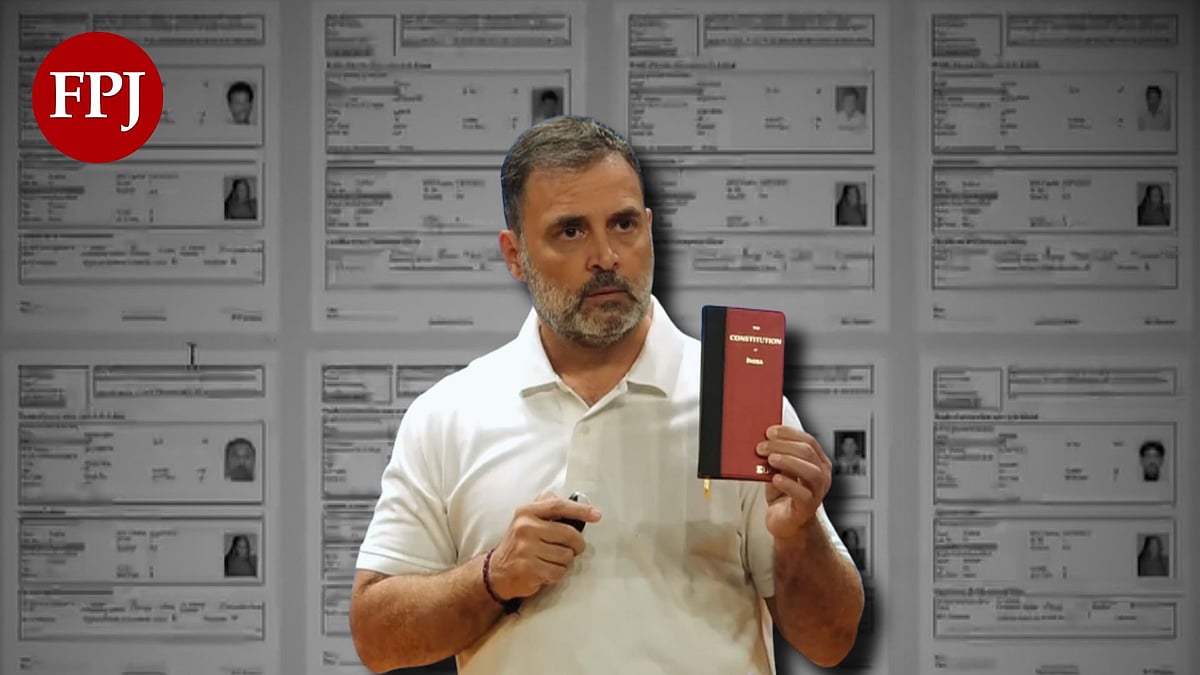One of the most glaring failures of the Indian republic has been in the field of education. We are one of the least educated societies among major economies.
India embraced universal franchise and democracy from the beginning despite mass poverty, caste divisions and illiteracy. Quality school education to every child is particularly vital to combat caste oppression and inequality by birth. Without basic education, skills and productivity are distant dreams. Running a successful democracy demands reasonable level of literacy and numeracy. If voters do not understand the meaning and consequences of vote, and if tax payers do not appreciate the link between taxes and services, then there is no accountability or delivery, and democracy becomes dysfunctional.
Our governments are spending vast amounts on education — about 4.3% of GDP or Rs12 trillion. Some people argue for more spend, but considering that over 40% of children go to private schools, our spending on public education as a share of GDP is on par with developed nations. In Andhra Pradesh the government spends about Rs 90,000 per child per year; in Telangana it is about Rs 80,000. These are astronomical sums for a poor country. Our parents sacrifice a great deal for children and spend disproportionate sums for private education for their children in the hope of giving them a head start in life. Our society values education and celebrates success. The children carry heavy school bags and work hard. And yet, educational outcomes are appallingly bad — among the worst in the world. In the global survey of school educational outcomes at the age of 15 (PISA), India ranked 73rd out of 74 nations, just above the lowest ranked Kyrgyzstan! Our own national achievement surveys show that the learning levels of most kids are at least two or three standards lower; only 15-20% children have reasonable levels of learning. An annual survey of rural children by the NGO Pratham (Annual Status of Education Report, ASER) shows that school children are deprived of minimum education to allow them to be productive members of the economy, society or polity. I released the first ASER report in 2005 along with Montek Singh Ahluwalia, the then vice chairman of the Planning Commission. Year after year the survey findings make depressing reading. Enrolment and expenditure have dramatically increased, but outcomes remain dismal. In 2022, over 55% of the children in 8th grade could not do a simple division of a three[1]digit number by a single-digit number (say 365÷7). More than 30% in 8th grade could not read a 2nd grade level text. Mind you, ASER does not even assess conceptual clarity or comprehension of what a child reads; even in the mechanical process of arithmetic and reading, most children are way behind their grades.
Failure of school education in a largely poor country with over 80% unorganised workers has devastating consequences. Poor foundations in schools are leading to failed college education. Rote learning and rampant mass copying produce inflated grades and high pass percentages. The failure of education is masked by a few elite institutions – the IITs, IIMs, better medical schools, national law universities etc. And we delude ourselves into believing that our education is world class when we see the success of Satya Nadellas, Sundar Pichais, and Indra Nooyis on the global stage. Our kids, given the opportunity, can be a match for the best in the world. But our average learning levels are very poor. The few who excel do so despite our education system, not because of it. What can be done?
There are many things that need to be done — pedagogy, teacher training, accountability, decentralized management, activity-based learning etc. But how do we transform a whole nation? There are 280 million children in schools in India. Rote learning and mindless examinations are adding to stress without education. Mass copying has become rampant. In such a large system we need to completely alter the incentives in order to alter the outcomes. Then all elements of the system — parents, children, teachers, managements, coaching industry, edutech companies and society — will reorient themselves to generate outcomes. We are fortunate that the demand side is very strong in India. We all want success for our children. But we define success horribly — by conducting stressful, memory-based, largely useless examinations. And we measure it badly by allowing mass copying which has now become endemic. In the quest for marks, ranks, and higher and higher cut-off marks for admission in colleges, even better students and schools are often forced to participate in the copying racket or rote learning in order to get a competitive edge.
If we simply redefine success by measuring in examinations language comprehension and communication, conceptual understanding of math and sciences, logic, problem solving and critical thinking, then all the elements of the system will reorient themselves to achieve success, but in the new framework. Such examinations can be stress-free (last minute cramming and burning midnight oil will not help) and they can be patterned after PISA of OECD, SAT of US or ‘A’ levels of UK. And there are ways of eliminating copying in such tests — altering the order of questions for every child, designing algorithms to detect copying etc. Once we change the method of testing, there will be incentive to change everything else to generate real outcomes.
Our failure in education has cost us very dearly. If we wake up even now, given the strong demand and parental desire for the success of their children, we can transform our school education swiftly.
(The author is the founder of Lok Satta movement and Foundation for Democratic Reforms. Email: drjploksatta@gmail.com / Twitter@jp_loksatta)

